
Corporate History
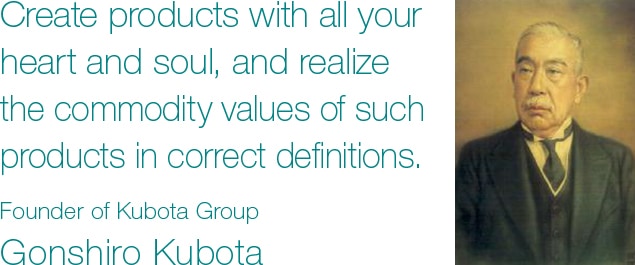
Kubota began its business by manufacturing and selling cast metal products.
Since then, we have offered various products contributing to improving human lives and society.
We will endeavor to improve our technical capabilities acquired over the course of our history in a wider and deeper manner, extend our business frontiers, and make a greater contribution to society.

-
1890s-
1940s -
- 1890
- Established as a foundry. Started production of castings for weighting equipment and daily commodities.
- 1893
-
Began production of cast iron pipes for water supply. Opened the Amagasaki Plant in 1917 and relocated manufacturing.

- 1897
- Changed the corporate name from Oide Chuzo-jo (Oide Foundry) to Kubota Tekko-jo (Kubota Iron Works).
Initiated production of waterworks equipment such as fire hydrants and gate valves.
- 1922
-
Started production of oil-based engines for agro-industrial purposes, settanki (fuel economizer: energy-saving equipment utilizing waste gas), and heat-resistant cast iron.

- 1930
- The Ministry of Commerce and Industry selected the Kubota Oil Engine as an "Excellent Domestic Product".
- 1939
- Initial public offering. A technical vocational institute was set up in each plant.
- 1947
-
Developed the cultivator and initiated production and sales.

- 1950s
-
- 1953
-
Changed corporate name from K.K. Kubota Tekko-jo to Kubota Tekko K.K. Established Kubota Kenki K.K. and entered the construction equipment industry.
Began production of power shovels and other construction equipment as well as marine deck machineries.
- 1955
-
Created a corporate slogan, "From country building to rice making".

- 1957
- Advanced into the arena of housing-related materials. Started production of "Colorbest" housing material.
- 1960s
-
- 1960
-
Developed and commercialized tractors for field crops.
Received and completed an order for an overseas water supply project (Phnom Penh) for the first time in Japan.
- 1962
-
Full-scale entry into the environmental improvement business.
Started production of paddy field tractors.
- 1963
-
Began production of vending machines.

- 1964
- Initiated production of municipal incineration plants.
- 1969
- Launched a new corporate slogan, "Create an environment affluent to human beings".
Started production of combines.
Completed an integrated system for agricultural mechanization.
- 1970s
-
- 1972
- Full-scale entry into the field of incinerators. Established Kubota Tractor Corporation in the US to fully enter the US tractor market.
- 1980s
-
- 1980
-
Received an order for an irrigation system from the state of Sharkia, Egypt, and worked on desert greening.
Launched a new slogan, "Pursuing a promised future with our technological strength".
- 1984
- Received an environmental award from the Environmental Agency for our night soil treatment system, "U-tube nitro system".
- 1986
- Started production of electronic circuit boards, hard discs, and radio-controlled lawnmowers.
- 1989
- Participated in desert greening projects, the Sahil Greenbelt Plan and the Green Earth Plan.
- 1990s
-
- 1990
-
Celebrated our 100th year in business. Altered the corporate name to Kubota Corporation. Introduced the new corporate symbol and visual identity system.
Co-presented a fountain and water-splitting equipment ALEPH at the International Garden and Greenery Exposition.
- 1992
- Launched a new slogan, "Let's make our habitat more beautiful".
Initiated the research and development of incineration plants with high-efficiency waste-generated power facility. International Environmental Planning Center was established in the Faculty of Engineering, the University of Tokyo, supported by a donation from Kubota Corporation.
- 1993
- Announced business guidelines "Vision for Our Second Century of Business" toward the 21st Century.
Kankyo Chosa Center and the Nikkan Kogyo Shimbun awarded the Director General's Prize and Excellent Prize of the Environment Agency to our domestic wastewater treatment system with immersion-type organic flat membrane.
- 1995
- Started the Environmental Audit System for environmental protection in accordance with standards stricter than existing laws and regulations and towards continuous environmental improvement.
- 1999
- Our Underwater Dioxin Decomposition Unit won the Nikkei Outstanding Product/Service Prize and the Nikkei Shimbun Prize of Excellence.
- 2000s
-
- 2001
- All of our domestic establishments acquired ISO 14001 certificates.
- 2002
- Total production exceeded 20 million units for our industrial engine.
- 2005
- Our Teshima Illegal Waste Dump Raw Material Recovery System won the Minister of Economy, Trade and Industry Prize at the Excellent Environmental Equipment Awards. Total production exceeded 3 million units for our tractors.
- 2006
-
Formulated "Corporate Mission Statement", "Management Principles", "Charter for Action", and "Code of Conduct" of Kubota Group.
Created new corporate slogans: "Building foundations (main slogan)", "For Water, Soil, Air, and People's lives. (sub slogan)", and "Let's make our habitat more beautiful (sub slogan)".
Our "Sewage sludge concentrator (belt type)" won the Minister of Economy, Trade and Industry Prize at the Excellent Environmental Equipment Awards.Completed a new factory for implements in the United States.
(Kubota Industrial Equipment Corporation (KIE))
- 2008
-
Started the "Kubota E-Project" social contribution activites.

- 2009
-
Completed the first tractor production plant for a Japanese company in Thailand.
(Siam Kubota Tractor Co.,Ltd.)Completed a ductile iron pipe plant in India.
(Tata Metaliks Kubota Pipes Limited (TMKPL))
- 2010s
-
- 2010
-
Certified as an "Eco-First Company" by Japan's Ministry of the Environment.
Started production of combine harvesters in Thailand (SIAM KUBOTA Corporation).
Established a pump production and sales company in China (Anhui Kubota Sanlian Pump).
- 2011
-
Kubota combine harvester "PRO688Q" for Chinese market won the Nikkei Business Daily Awards for Superiority at the 2010 Nikkei Superior Products and Services Awards.
Established Regional Headquarters in China.
Started operation of the Eco-Products Certification System.
Completed a cast steel product plant in Saudi Arabia (Kubota Saudi Arabia Company).
Completed a construction machinery plant in China (Kubota Construction Machinery (Wuxi)).
Established a company specialized in the import, milling, and sale of Japanese rice in Hong Kong (Kubota Rice Industry(H.K.)CO., Ltd.)
- 2012
-
Acquired and transformed Kverneland AS, into a subsidiary.
Established an engine production plant in China(Kubota Engine (WUXI) Co.,Ltd.)Established "Kubota Identity," a global corporate principles, and adopted a new brand statement logo.
Acquired water treatment engineering company and established KUBOTA KASUI Corporation.

- 2013
-
Established a parts procurement company in Thailand
Established a production plant for compact tractors in the U.S.
Established a company specialized in the import, milling, and sale of Japanese rice in Singapore (Kubota Rice Industry (Singapore) PTE Ltd. )
- 2014
-
Established an upland farming tractor manufacturing company in France (Kubota Farm Machinery Europe S.A.S.)

- 2015
-
Launched high traction multi-purpose tractors on the Indian market.

- 2016
-
Established new R&D center dedicated to Agricultural Machinery in Thailand.

- 2017
- Established the European Regional Headquarters in the Netherlands (Kubota Holdings Europe B.V.).
- 2019
- Established a joint venture with an Indian tractor manufacturer (Escorts Kubota India Private Limited).
- 2020s
-
- 2020
-
Established a new plant for compact construction machinery in the U.S.
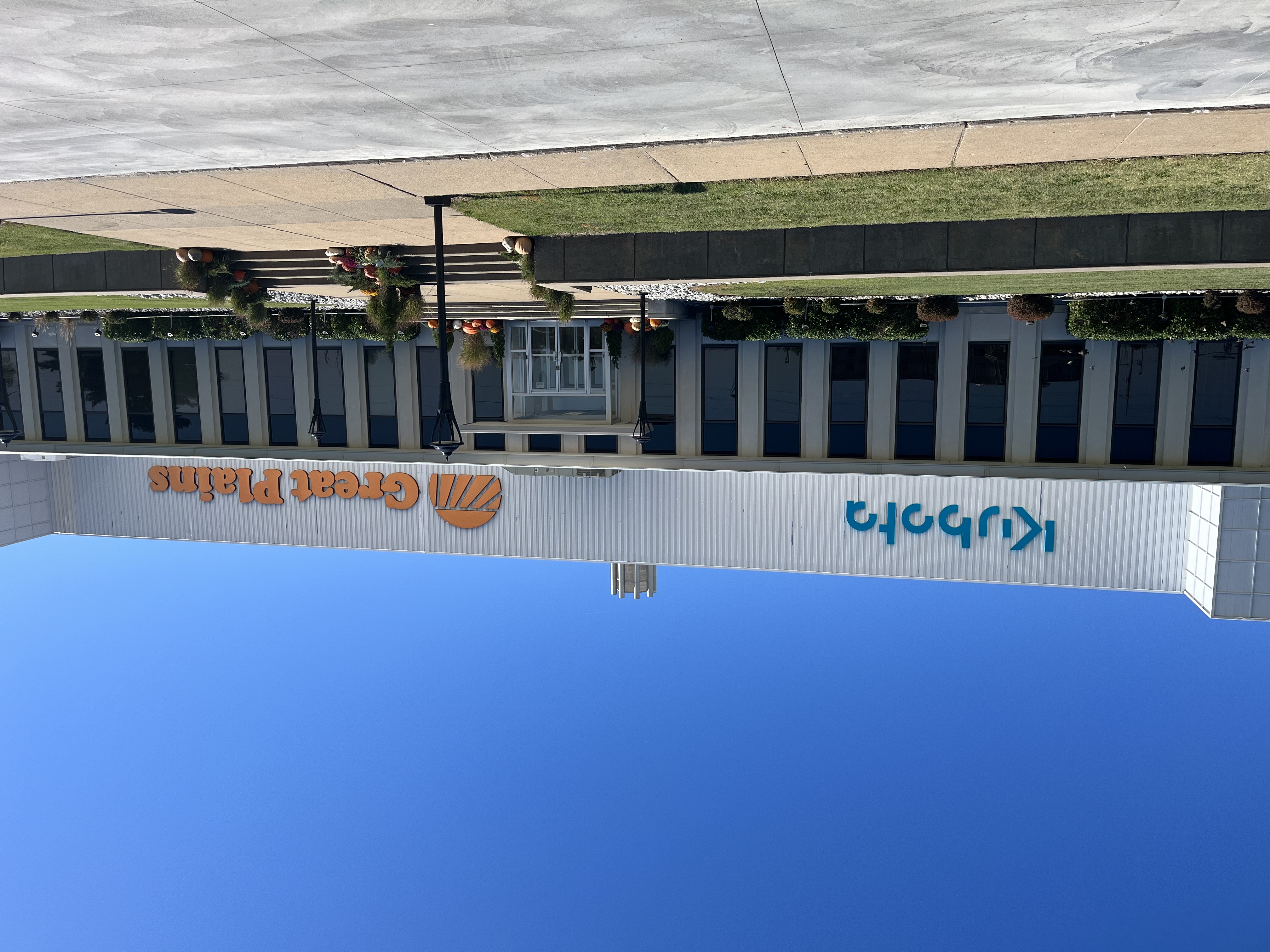
- 2021
-
Established a new R&D center in Europe (Kubota Research and Development Europe S.A.S.).
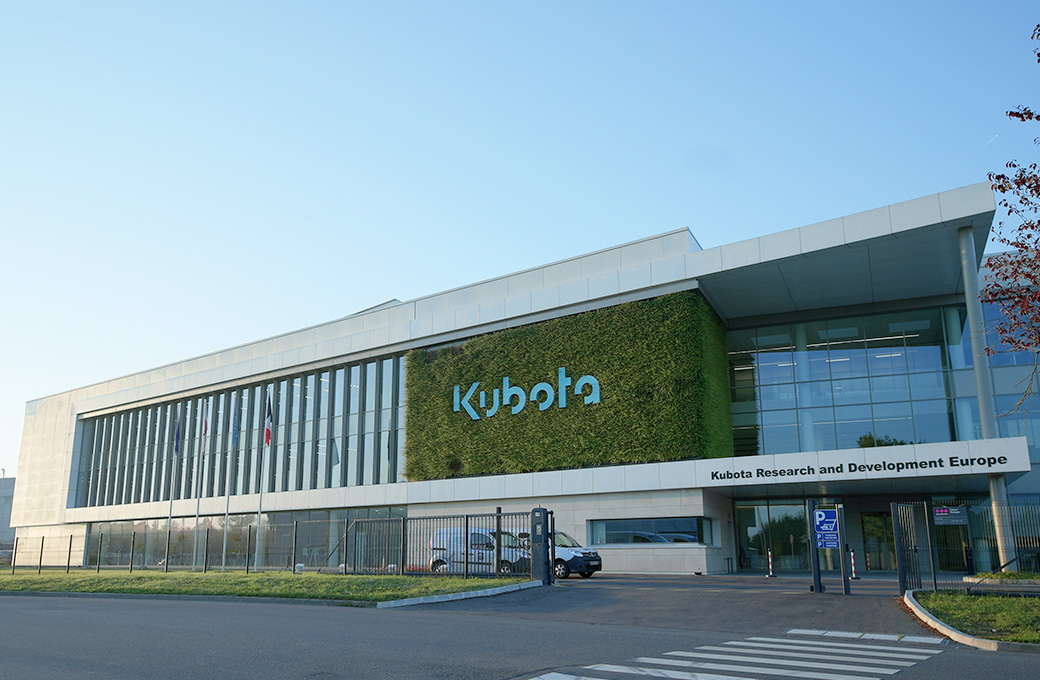
- 2022
-
Established a new R&D center in the U.S. (Kubota Research & Development North America Corporation).
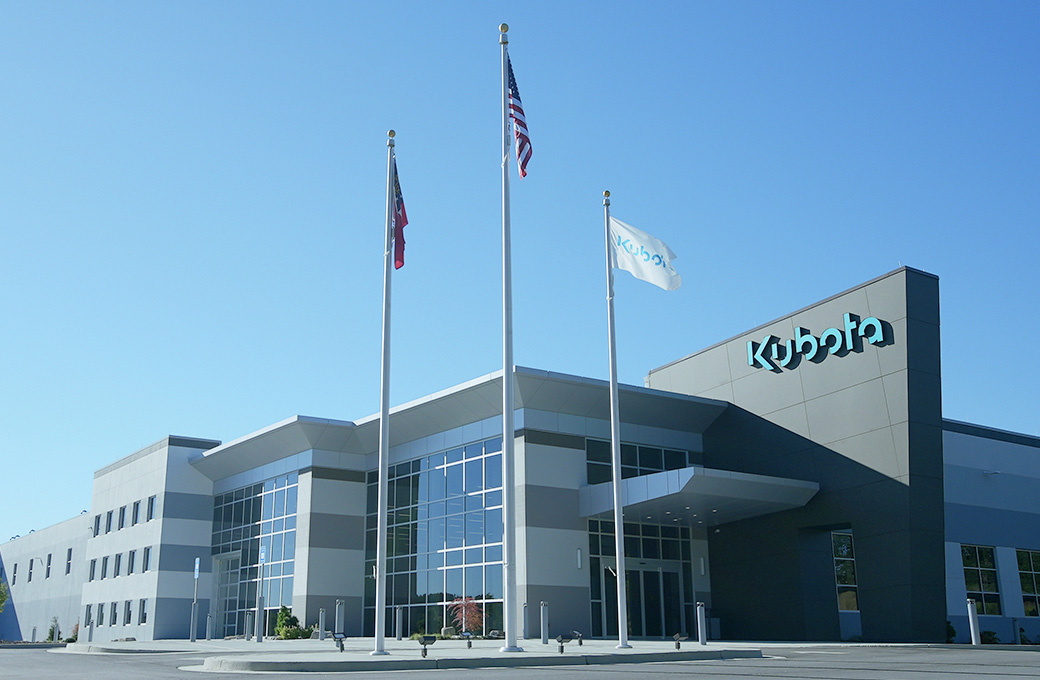
-
Acquired and transformed Indian tractor manufacturer (Escorts Limited), into a subsidiary (Escorts Kubota Limited).
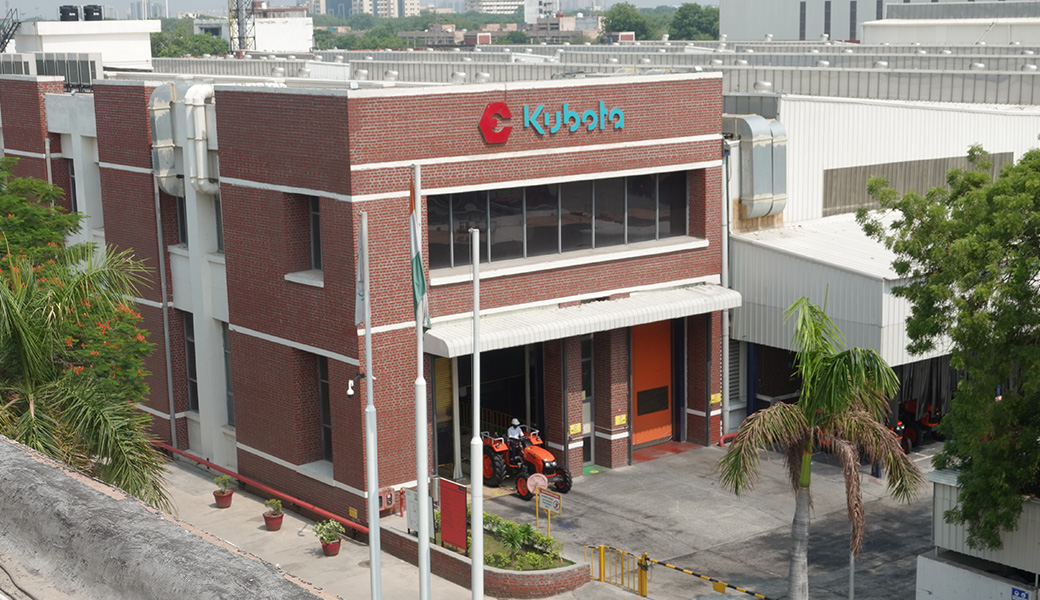
-
Acquired Italian mower manufacturers (Officine BIEFFEBI S.p.a. and Gianni Ferrari s.r.l.) as group companies.
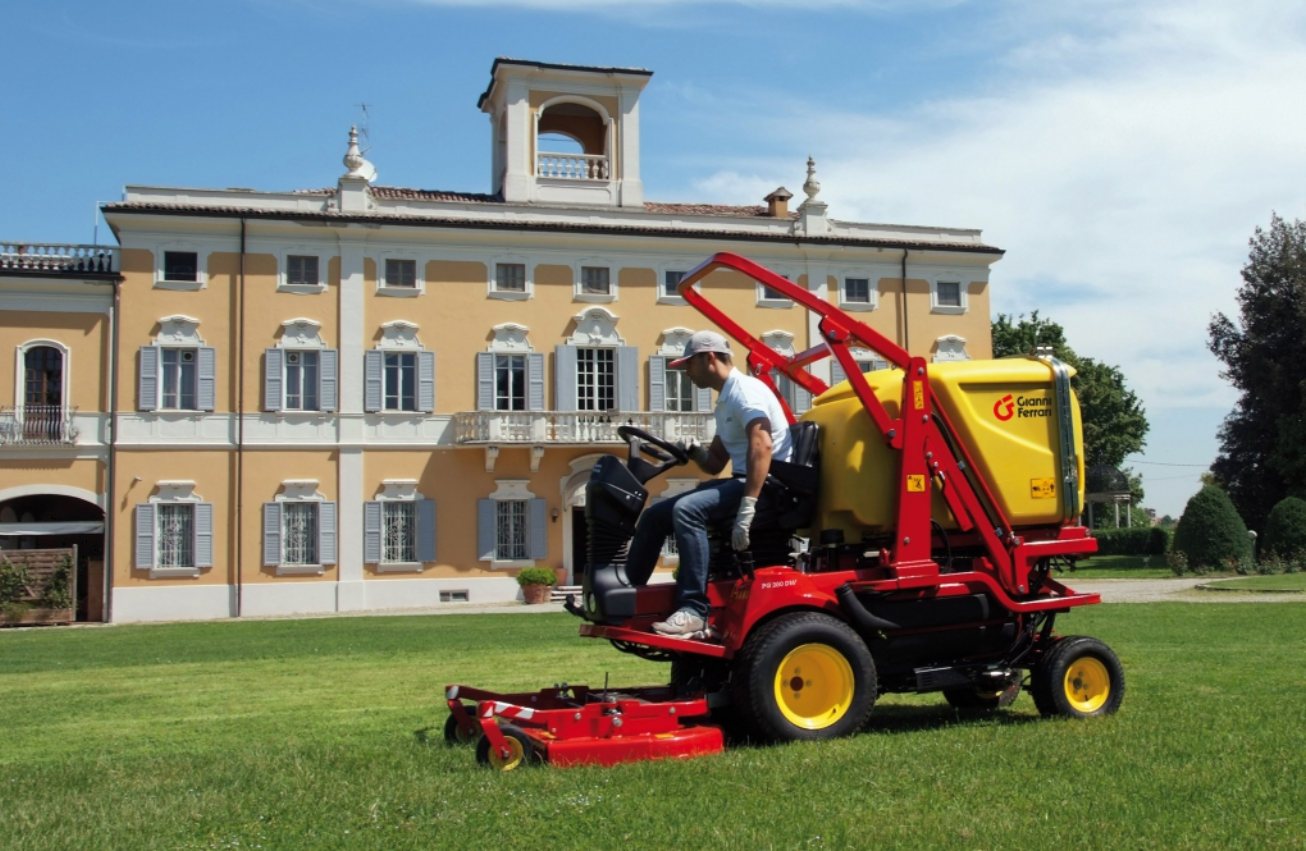
-
Kubota Global Institute of Technology was opened as a new research and development base in Sakai City, Osaka, Japan.
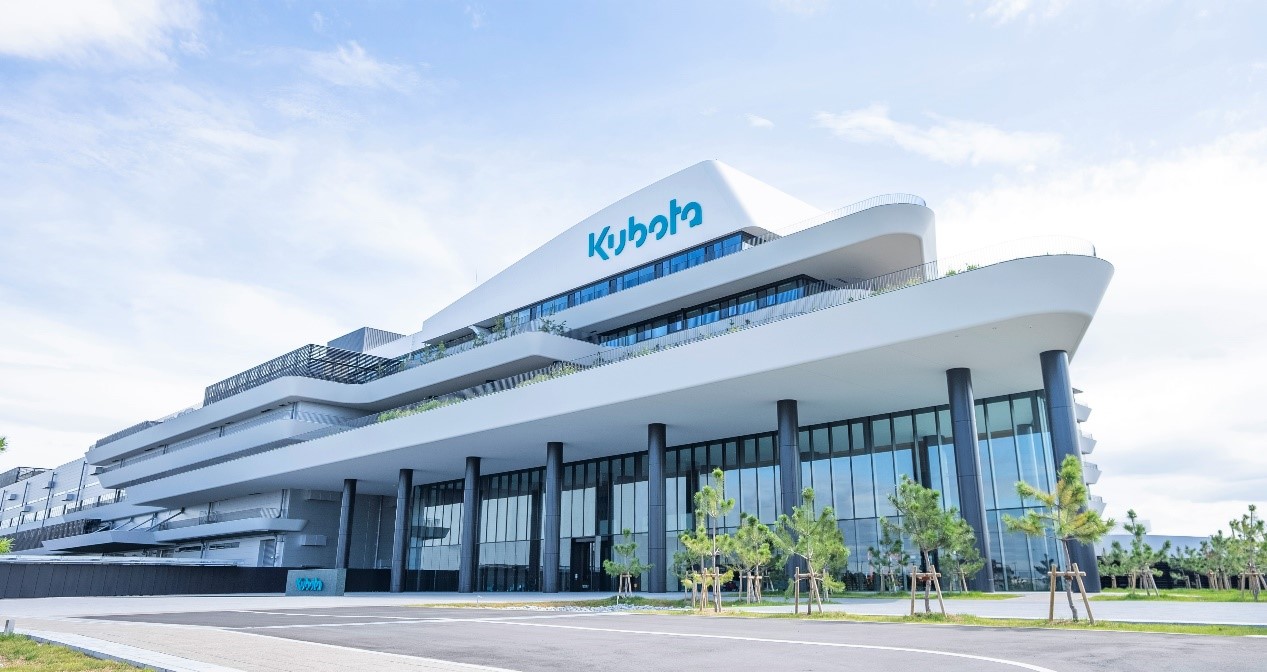
- 2023
-
KUBOTA AGRI FRONT, an agricultural learning facility, was opened in the HOKKAIDO BALLPARK F VILLAGE.
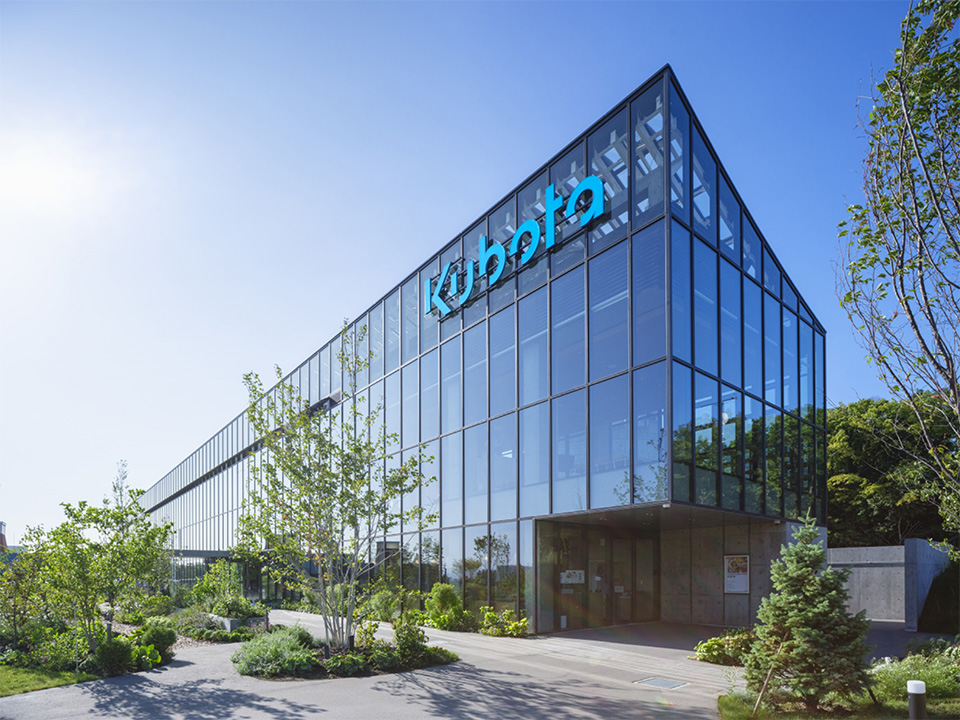
-
Launched the world's first autonomous combine harvester capable of unmanned operation.
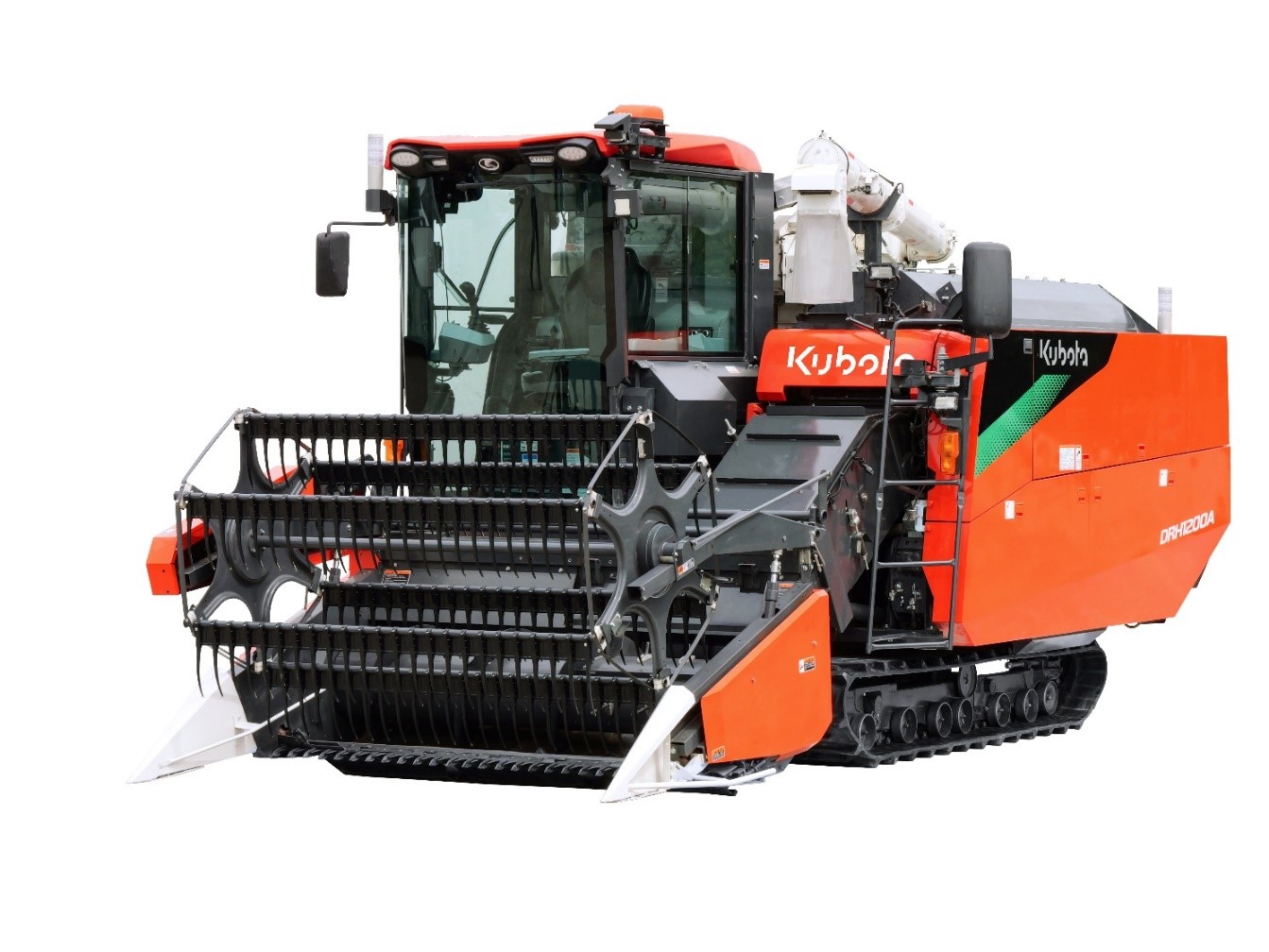
-
Kubota Establishes a Japanese-Rice Importing, Milling, and Sales Company in Hawaii


